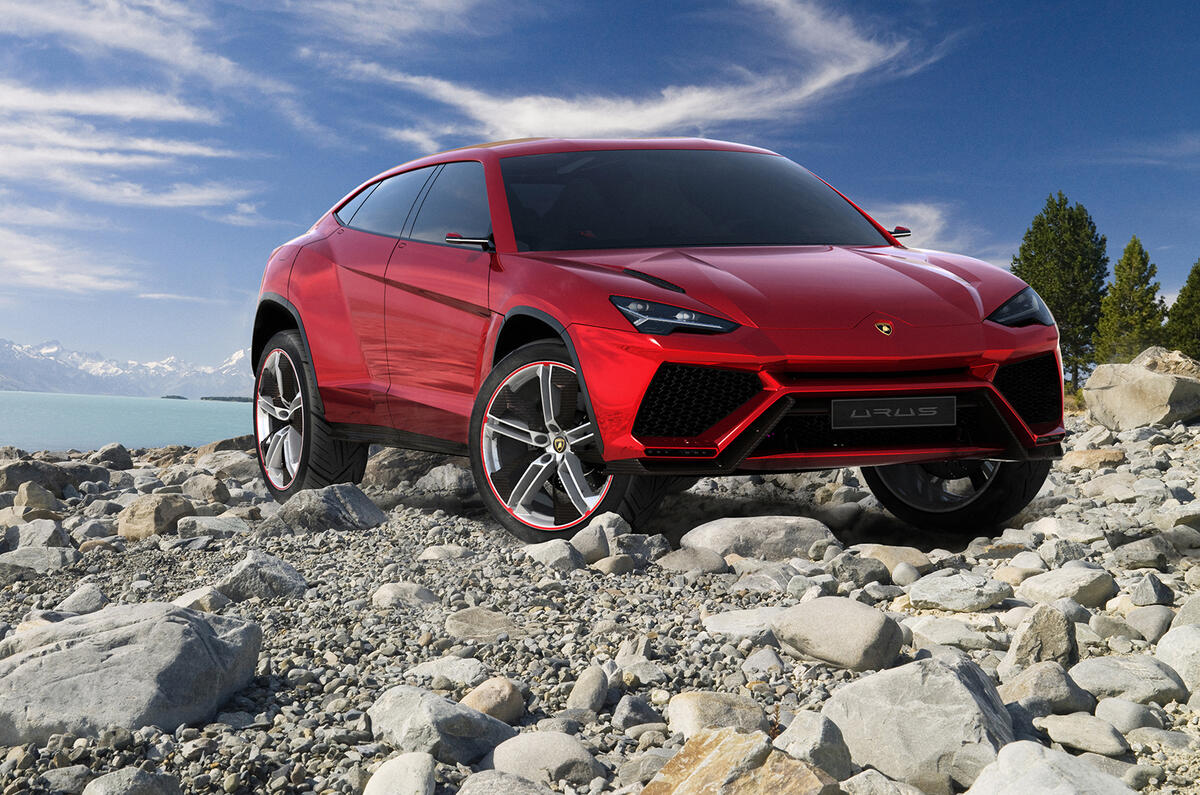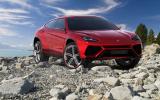The Lamborghini Urus, which is due to launch in 2018, is a critical car for the Italian supercar manufacturer to get right.
Lamborghini is putting all of its available resources into launching its second ever SUV model, even shelving plans to put the Asterion concept into production in favour of launching the Urus.
Set to cost from around £150,000, the Urus will be pitched into a profitable market sector, albeit one that will quickly become crowded as rival models are launched over the next few years. Here are the cars the Urus is going to have to beat.
The DBX was pitched as a luxury crossover rather than a full-blown and first revealed in concept form at the Geneva motor show in March. It has since received the production go-ahead thanks to an extra £200 million worth of investment in Aston Martin.
Powering the DBX concept is a series of electric motors mounted inboard of the wheels, while other features include electric drive-by-wire steering and auto-dimming toughened glass.
Audi boss Rupert Stadler confirmed that a range-topping Audi SUV was coming back in May. Set to launch in 2019, the Q8 will be priced between £50,000 and £90,000 and powered by a range of V6 and V8 petrol and diesel engines, as well as plug-in hybrid powertrains. An all-electric Q8 e-tron version is also under consideration.
The Q8 will be styled under the leadership of Audi design boss Marc Lichte, and is expected to receive a sportier look than the smaller Q7.
As our first ride in Bentley's first SUV model has already shown, the Bentayga has masses of potential both on and off-road. Due to make its world debut at the Frankfurt motor show this September prior to the start of UK sales in 2016, the Bentayga has been one of the most commonly spotted SUV prototypes in recent months.
The Bentayga will be priced from around £130,000 when it goes on sale, and will be powered by a range of W12, V8 and plug-in hybrid powertrains.
Confirmed for production in 2014, BMW's range-topping SUV has already been spotted testing, with early mules based on the new 7 Series. Underpinned by a long-wheelbase version of the same platform that the next X5 is set to use, BMW is aiming the X7 at profitable makets such as China and Asia.




















Join the debate
Add your comment
Alas
fadylady